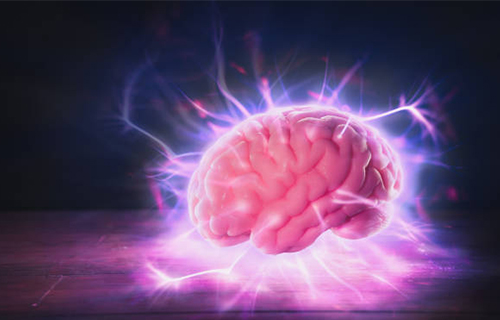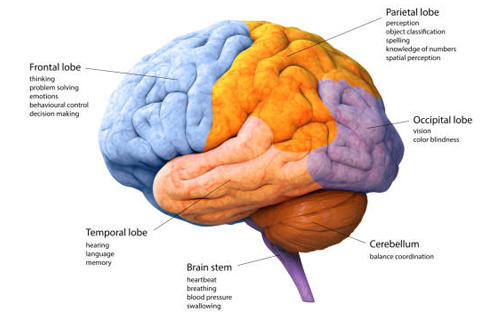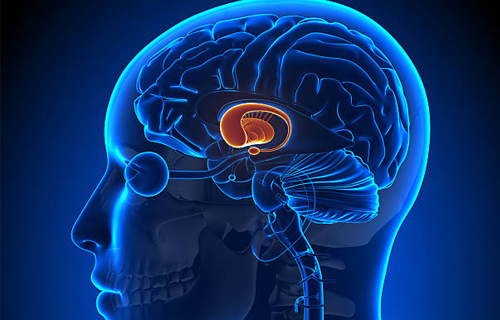
Do you have anxiety? Do you have an Anxiety effect on the brain? Anxiety is a common condition that affects millions of people around the world. It is characterized by persistent fear, worry, and nervousness, which can interfere with daily activities and quality of life. While anxiety is often associated with the mind, it can also profoundly affect the body, particularly the brain. In this Neuroscience Network article, we discuss how an anxious heart talks to the brain and anxiety effect on the brain.
Examining the anatomy of the brain
Before delving into the anxiety effect on the brain, it is essential to understand the brain’s anatomy. The brain is composed of several regions that are responsible for different functions. The frontal lobe, for example, is responsible for decision-making and problem-solving, while the temporal lobe is responsible for memory and language. The limbic system, which includes the amygdala and hippocampus, is responsible for emotions and memory.

The anxiety effect on the brain
The anxiety effect on the brain begins when a person experiences anxiety. After anxiety, a physiological reaction occurs in the body that prepares it for the fight or flight response. The body releases hormones such as cortisol and adrenaline, which cause an increase in heart rate, blood pressure, and respiration. This response is controlled by the sympathetic nervous system, which is a part of the autonomic nervous system.
The sympathetic nervous system is responsible for the body’s response to stress and danger. When it is activated, it causes the body to release adrenaline and cortisol, which prepare the body for action. The amygdala in the limbic system plays a crucial role in the body’s response to stress and anxiety. It is responsible for processing emotions and is activated when a person experiences fear or anxiety.

The Role of the Amygdala
The amygdala is a small, almond-shaped structure located in the brain’s temporal lobe. It is responsible for processing emotions, particularly fear and anxiety. When a person experiences a stressful or threatening situation, the amygdala sends a signal to the hypothalamus, which activates the sympathetic nervous system. This triggers the release of hormones such as adrenaline and cortisol, which prepare the body for action.
In people with anxiety disorders, the amygdala is often overactive, which can cause them to perceive non-threatening situations as threatening. This can lead to excessive fear and anxiety, even in situations that are not dangerous or threatening. Over time, this can lead to changes in the brain that perpetuate anxiety and make it more difficult to control. As a result, the anxiety effect on the brain can be hazardous and cause many problems for a person.

The Effect of Chronic Anxiety on the Brain
The anxiety effect on the brain, chronically, can be profound and dangerous. It can cause changes in the structure and function of the brain, particularly in the areas responsible for regulating emotions and stress responses. In people with chronic anxiety, the amygdala is often more significant and active than in those without worry.
Chronic anxiety can also cause changes in the prefrontal cortex, which is responsible for decision-making and problem-solving. Studies have shown that people with chronic stress have reduced activity in the prefrontal cortex, which can lead to difficulty in making decisions and regulating emotions.

Treatment of Anxiety
Anxiety effect on the brain and causes many diseases. The treatment of anxiety often involves a combination of medication and therapy. Benzodiazepines and selective serotonin reuptake inhibitors (SSRIs) are often prescribed to reduce anxiety symptoms. Treatment, such as cognitive-behavioral therapy (CBT), can help people learn how to manage their anxiety and reduce its impact on their daily lives.
Conclusion
As a result, the impact of anxiety effect on the brain, especially the amygdala and the prefrontal cortex, is very high. It can cause changes in the structure and function of the brain, perpetuating anxiety and making it more difficult to control. However, with proper treatment and management, people with anxiety can learn to manage their symptoms and live a more fulfilling life.

